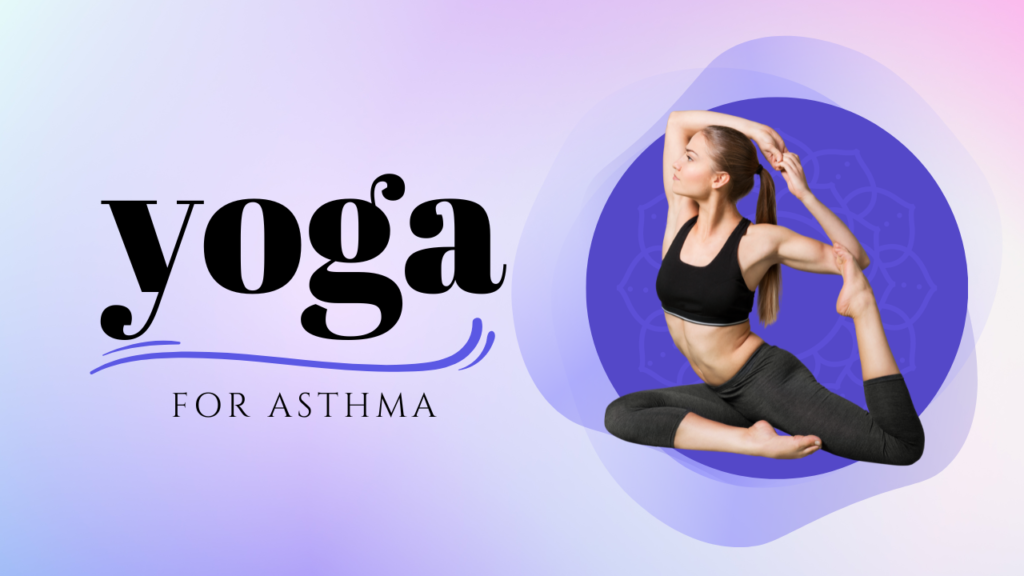
“Welcome to a deeper exploration of yoga’s potential benefits for asthma management. In this comprehensive discussion, we’ll delve into the therapeutic world of yoga, uncovering not just poses but a holistic approach to respiratory health. Asthma, a chronic respiratory condition characterized by inflammation and constriction of the airways, can significantly impact daily life. However, integrating yoga into your routine may offer a complementary avenue for symptom management and overall well-being.
Firstly, let’s examine the foundational principle of yoga: breath. Deep breathing exercises, such as pranayama, serve as the cornerstone of asthma-focused yoga practice. These techniques emphasize slow, deliberate breathing patterns, which can help increase lung capacity and improve breath control over time. By mastering the art of conscious breathing, individuals with asthma can learn to manage their symptoms more effectively, even during flare-ups.
Beyond breathwork, specific yoga poses can target the muscles involved in respiration, promoting flexibility and strength in the chest, shoulders, and diaphragm. Gentle stretches like the Cat-Cow pose or the Bridge pose can help open up the chest and expand lung capacity, facilitating easier breathing. Additionally, poses that emphasize relaxation, such as Child’s pose or Corpse pose, can alleviate tension and reduce stress levels, which are common triggers for asthma symptoms.
Moreover, the practice of yoga extends beyond physical postures to include mindfulness and meditation. Mindfulness techniques incorporated into yoga practice can help individuals become more aware of their body’s signals and better manage stress and anxiety, which are often associated with asthma exacerbations. By cultivating a sense of inner peace and resilience through yoga, individuals with asthma can enhance their overall quality of life and reduce the impact of their condition on daily activities.
In conclusion, yoga offers a multifaceted approach to asthma management, addressing not only physical symptoms but also emotional and psychological well-being. By incorporating breathwork, specific poses, and mindfulness techniques into your daily routine, you can empower yourself to take control of your asthma and live a more balanced, fulfilling life. Remember, yoga is not a substitute for medical treatment, but rather a complementary therapy that can enhance the effectiveness of existing asthma management strategies. So, why not roll out your mat and take a deep breath in this journey toward better respiratory health?”


